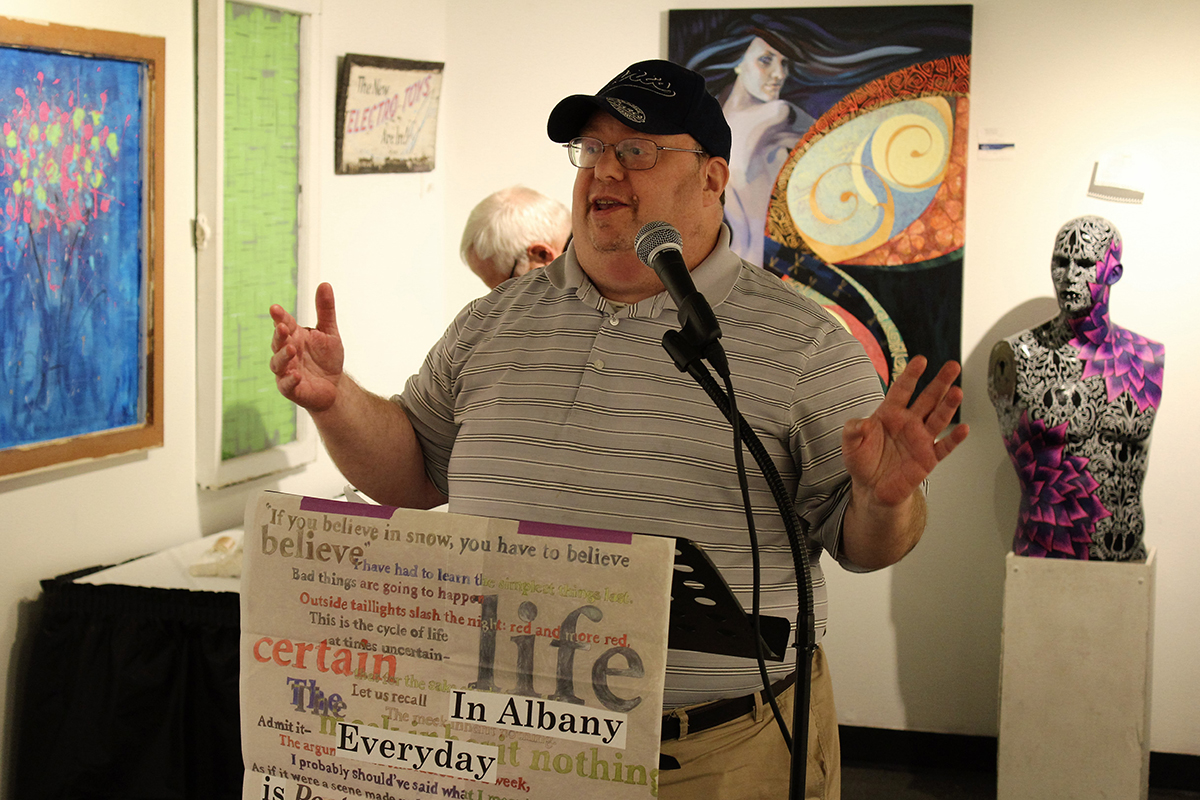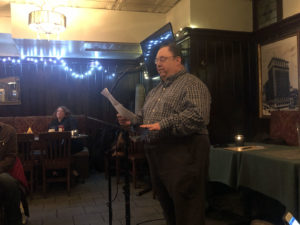I was worried that I would still be reading Tom Jones well into Summer but instead with the encouragement of the other members of the group read (including the leader, @steveperry394 as well as @nikeclassicreaderliterature and @thebritshguytom,) I finished the book on May 11. A month later, I still have a lot to say on Tom Jones and other classics.
My British friends who were reading the novel along with me complained that Tom Jones contained a lot of “waffle”. Every time I saw that I thought of a huge stack of waffles at breakfast, smothered with maple syrup with lots of bacon on the side. What my friends meant that there was a lot of extra filling that slowed down the book and I agree. Henry Fielding didn’t mind wasting a chapter talking about what he didn’t like about the critics or other novels written around the same era. I realized that the introductory chapters of each book were more waffle that could be skipped. Once I realized that it made reading the book less intimidating.
The book starts out when a baby boy is found in the bed of Squire Allworthy and it is soon discovered that town woman Jenny Jones left the baby. The Squire swears that he will raise the baby as his own. Meanwhile, his sister Bridget gets married and had a son of her own, who Allworthy also helps raise. Soon both Tom “the foundling” and Allworthy’s nephew Master Bilfil wind up interested in the pretty and chaste Sophia from next door.
Despite all the waffle, I enjoyed the comedy of the novel. Once the plot gets going, the book could be very funny at times. Fielding can be an entertaining author when he wants to be. My major complaint is the double standards of the time. The female characters early on think that Jenny Jones is a “whore” and people think she should at least be flogged for being a single, unmarried mother. However, no one complains about Tom’s sexual encounters. He has three sexual affairs in the book and it seems like he might have possibly been the father of the ex-gatekeeper’s daughter’s child. No one thinks Tom should be whipped. On the contrary, people think he’s a great guy.
Reading Tom Jones made me think about classics I still haven’t read. Most of them are not that long and I shouldn’t have any trouble reading them. The list includes:
- David Copperfield by Charles Dickens. This is the only one on my list that is long, at 624 pages. I liked all of the Dickens novels I’ve read, especially Great Expectations and Bleak House, and I’m sure I would like this one.
- Speaking of Dickens, I feel bad that I’ve never read A Christmas Carol. I’ve seen a number of adaptations, including the one with the Muppets and the other with Mr. Magoo. I even had a copy at one time and still couldn’t be bothered reading it. It’s not that long and I’m sure I could read it in a week.
- The Scarlet Letter by Nathaniel Hawthorne. I don’t know what it says about me that I’ve read The House of Seven Gables but not what most people think his masterpiece. Maybe next year.
- The Adventures of Huckleberry Finn by Mark Twain. This is one of those books I can’t remember if I read or not. I grew up in the mid-sixties in Elmira, a town where Twain lived for a while. I’m sure my old classmates from Broadway Elementary are hanging their heads in shame, although I’m sure none of them remember me.
- Death in Venice by Thomas Mann. I saw the film at the Writer’s Institute years ago. I loved Dirk Bogarde’s performance but I’m not enamored with the story about an old composer who is obsessed with a boy. I don’t believe in cancel culture but that doesn’t mean I have to read the book.
- Lord of the Flies by William Golding. When I was in middle school, I had a copy that someone gave me. I was also was bullied around the same time. I always thought it had some bullying in it. I knew I wasn’t up to reading it then but I think now I probably can read it now without getting upset. We will see.
Even though I am still sticking to my TBR goal of reading more current authors, I am definitely thinking of reading more classics. There’s a reason we still read them, that we still go back to these books over and over again. They haven’t lasted all this time to be ignored. I wonder if the same could be said for many contemporary novels 20 or 30 years from now.





